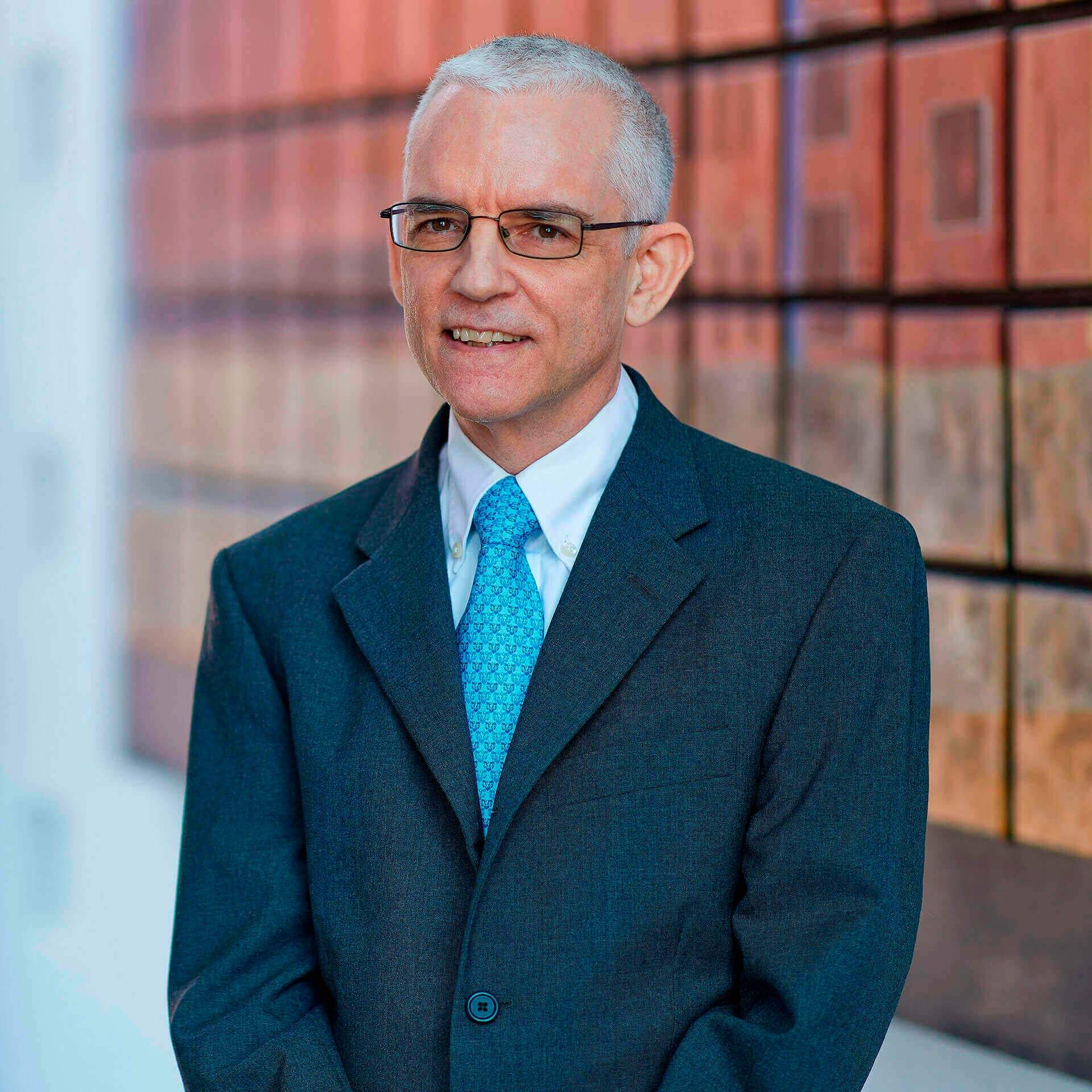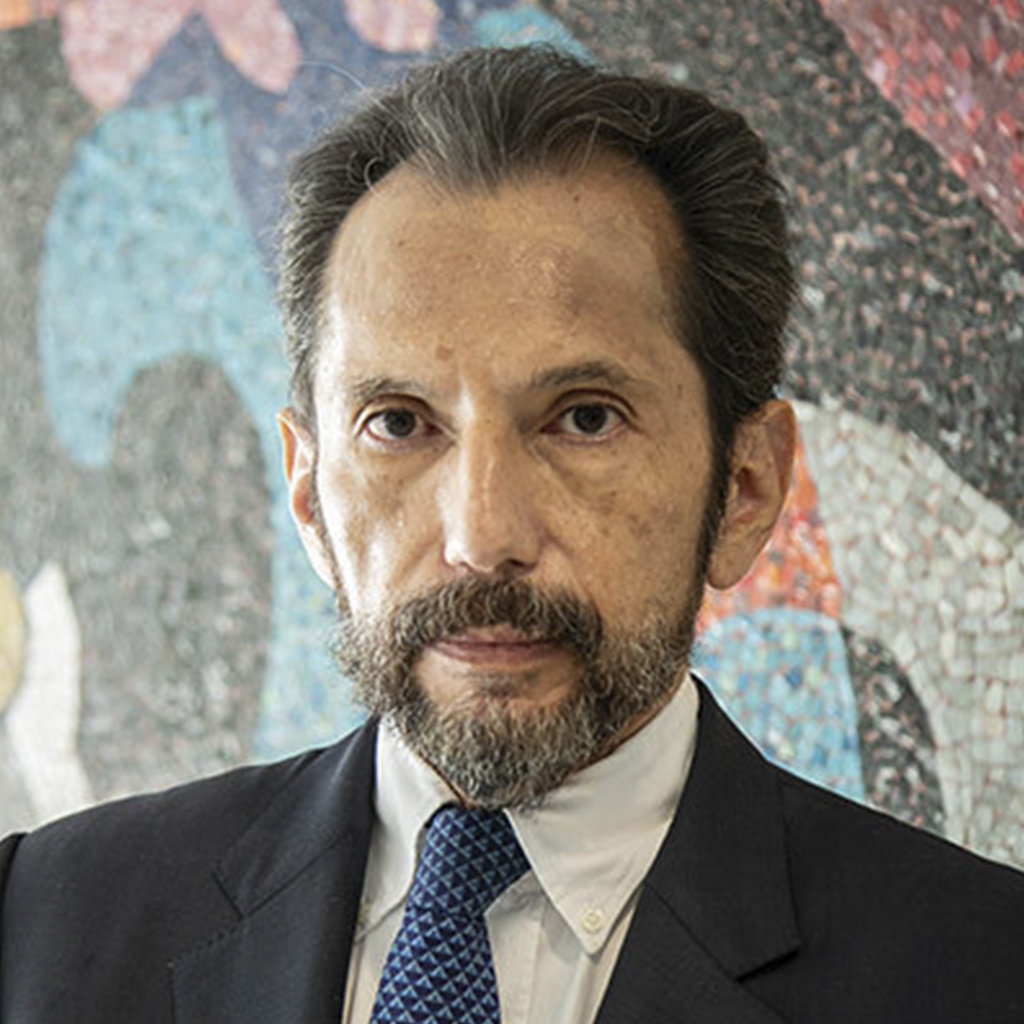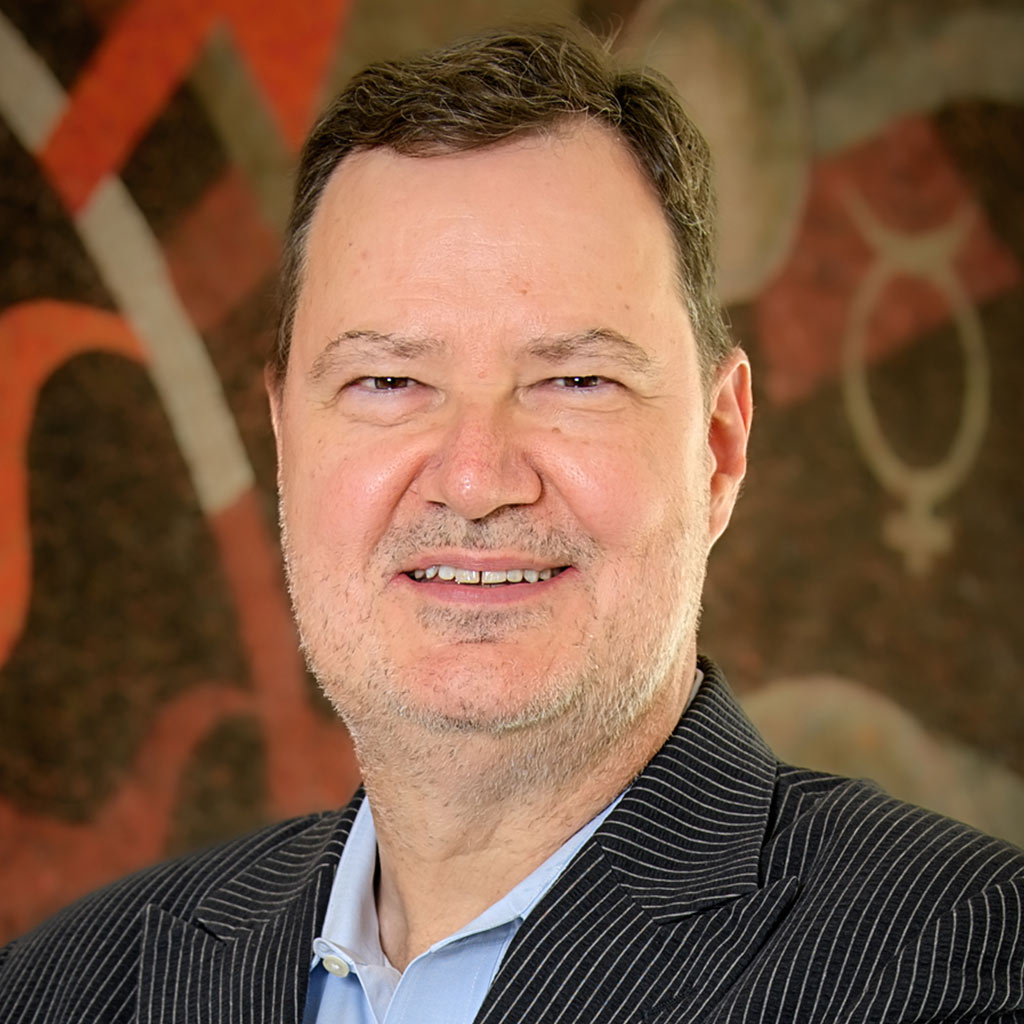Bryan Husted - Faculty

Bryan Husted
Profesor Distinguido en Negocios y Sociedad
EGADE Business School
Expertise
Responsabilidad Social
Sostenibilidad
Ética empresarial
Overview
Dr. Husted's extensive research and teaching experience lies in the areas of business and public policy, business ethics, corporate social responsibility, and corporate sustainability. He has published widely on business topics and is one of the most prolific authors in business ethics. He has published academic articles in journals such as Organization Science, the Strategic Management Journal, the Journal of International Business Studies, the Journal of Policy Analysis and Management, Business Ethics Quarterly, and Business & Society, amongst others. He is a member of the SNII (National System of Researchers), Level III, Conahcyt, and deputy editor of the journal Organization & Environment.
He has had an outstanding academic career as a professor and researcher at Tecnológico de Monterrey since 1990, as well as foreign institutions such as the IE Business School in Madrid and the Schulich Business School at York University in Toronto.
He is currently the Leader of the Research Group (GI) in Conscious Business Development at the Tecnológico de Monterrey Business School and continues his prolific career as Distinguished Professor in Business and Society.
Education and Training
- Ph.D., Business Administration, University of California, Berkeley
- Juris Doctor, Brigham Young University
- MBA, Brigham Young University
Publications
- Husted, B.; de Sousa-Filho, M. (2019) "Board structure and environmental, social, and governance disclosure in Latin America". Journal of Business Research, 102, 220-227
- Mohammad, S., Husted, B.W. (2019) "Law-abiding organizational climates in developing countries: The role of institutional factors and socially responsible organizational practices". Business Ethics, 28 (4) 476-493
- Bakker,F.; Crane, A.; Henriques, I.; Husted, B. (2019) "Publishing Interdisciplinary Research in Business & Society". Business and Society, 58 (3) 443-452
- Bapuji, Hari, Husted, B.; Jane Lu, and Raza Mir, (2018) "Value creation, appropriation and distribution: How firms contribute to societal economic inequality". Business and Society, 57 (6) 983-1009
- Barnett, M., Henriques, I. & Husted, B. (2018) "Governing the void between stakeholder management and sustainability". Advances in Strategic Management, 38, 121-143




